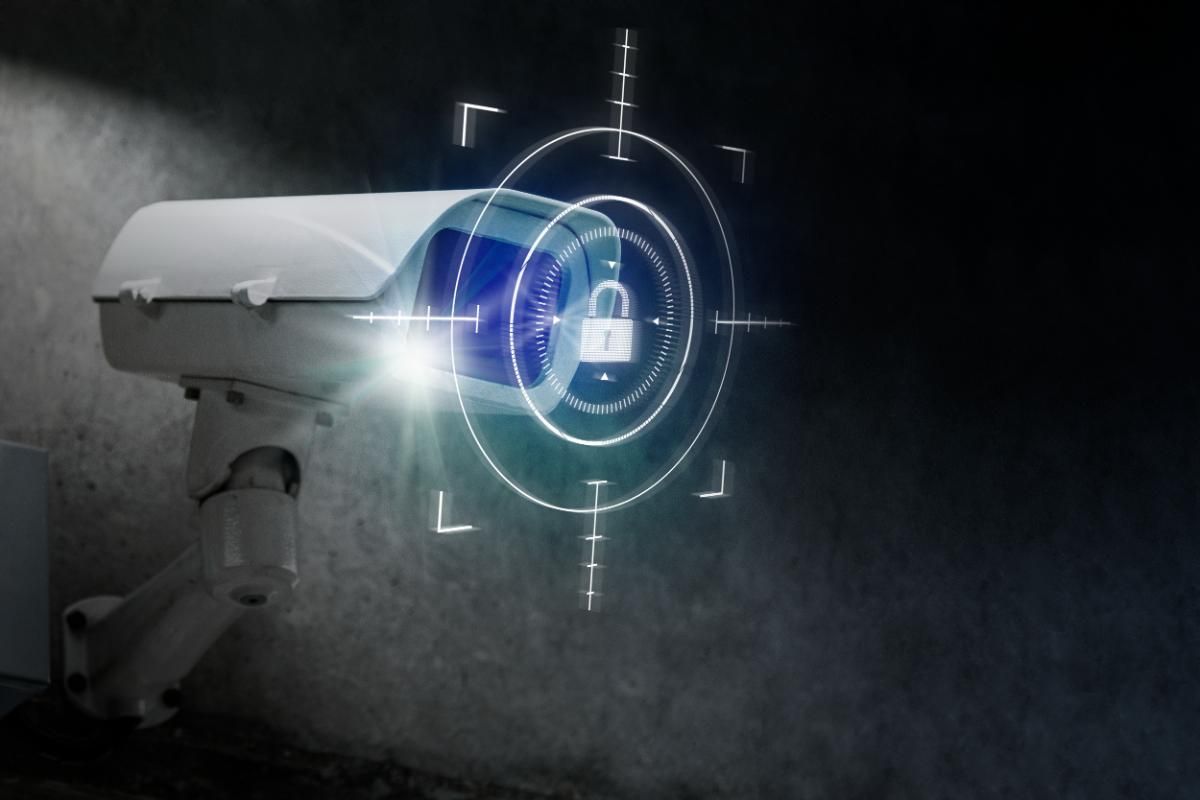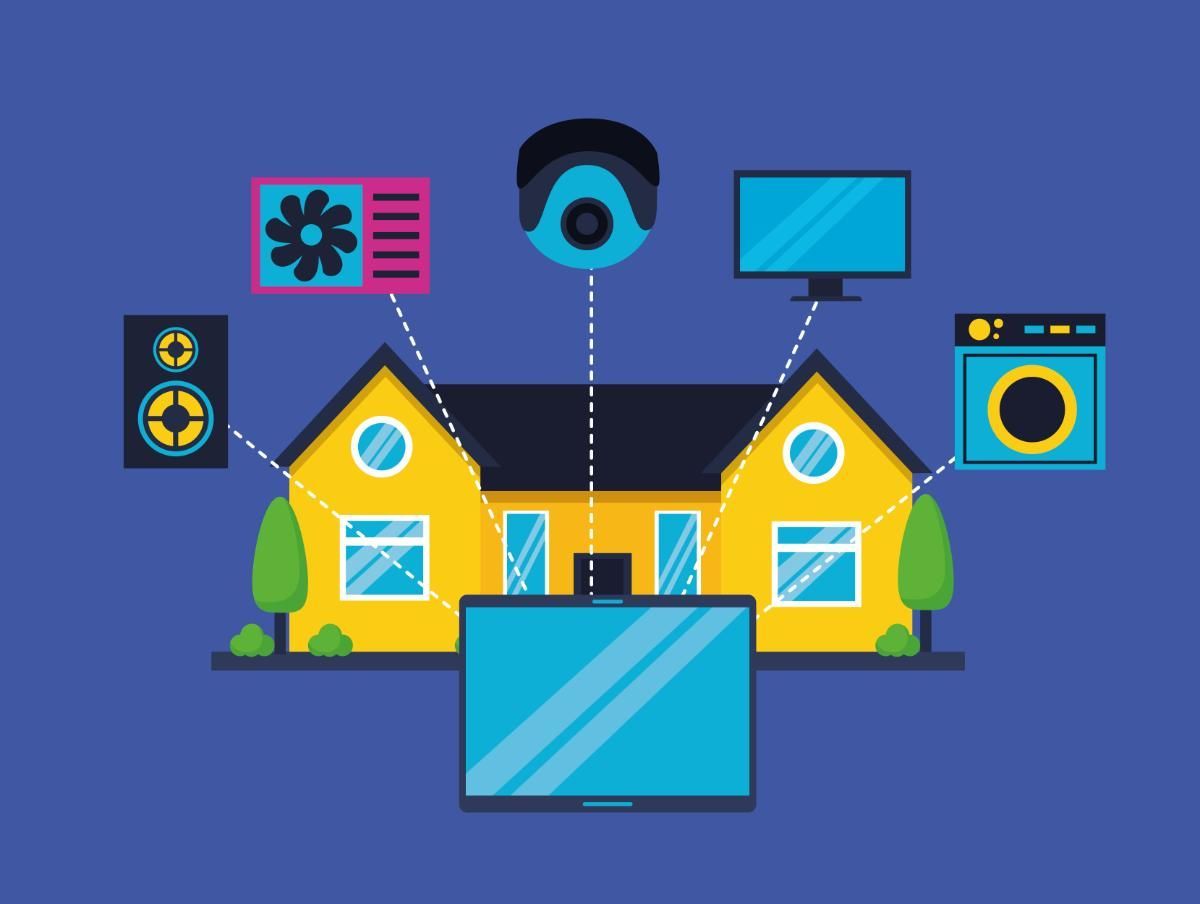DIY Surveillance Australia: What You Can and Can't Do Legally
In today's digital world, more and more people are taking matters into their own hands when it comes to investigating personal or business-related suspicions. Whether it's concerns about a partner's trustworthiness, fraud in a business deal, or just a desire to uncover the truth, many individuals are tempted to engage in DIY surveillance. But is it a wise decision? How far can you go legally, and when should you seek professional help?
With surveillance tools readily available and the internet providing information on how to conduct investigations, it's no wonder people are increasingly considering DIY surveillance. However, before you pick up that camera or set up that hidden device, it's essential to understand the pros and cons of DIY surveillance, the legal risks of home surveillance in Australia, and when it might be time to hire a private investigator in Sydney.
In this blog, we’ll explore the advantages and disadvantages of DIY surveillance and answer some critical questions like: Is it legal to spy on someone in Australia? Let’s dive into the details.
What is DIY Surveillance?
DIY surveillance refers to the act of an individual carrying out surveillance or investigation tasks without professional assistance. This could involve setting up hidden cameras, tracking devices, or using online tools to gather information. While it may seem like a cost-effective and straightforward way to gather information, there are important considerations to keep in mind—chiefly, the legal risks involved and whether you have the skills necessary to conduct an investigation without infringing on someone’s privacy.

Pros and Cons of DIY Surveillance
Pros of DIY Surveillance
- Cost-Effective: One of the biggest appeals of DIY surveillance is the potential to save money. Hiring a professional private investigator can be expensive, and if you're trying to gather information on a small scale, doing it yourself can appear to be a more affordable option.
- Immediate Action: When you're suspicious of someone or something, you might not want to wait for professional services. DIY surveillance allows you to act quickly and begin gathering evidence right away, which could be crucial in certain situations.
- Personal Control: With DIY surveillance, you are in control of the investigation. You can choose the methods you prefer, monitor progress as you go, and decide how much information you want to gather before making any decisions.
- Flexibility: DIY surveillance offers flexibility in timing. You don't have to schedule appointments with an investigator or wait for someone else to gather the information. You can carry out surveillance as it fits your schedule.
Cons of DIY Surveillance
- Legal Risks of Home Surveillance in Australia: While you may have good intentions, it’s essential to understand the legal implications of surveillance in Australia. Is it legal to spy on someone in Australia? The answer is not straightforward. You may be breaking the law if you invade someone's privacy, especially if you're using hidden cameras or other covert methods without consent. Surveillance must be done within the boundaries of Australian law, which protects individuals from unauthorized observation.
- Lack of Expertise: Surveillance requires knowledge of how to set up equipment, spot suspicious activity, and gather useful evidence. Without professional training, you may not know how to correctly set up surveillance tools or interpret the data collected. Poorly executed surveillance could lead to inconclusive or even misleading evidence.
- Potential for Inaccuracy: Unlike professional investigators who have experience and access to advanced tools, DIY surveillance might not yield accurate or reliable results. For example, you might miss critical information or misinterpret the situation.
- Risk of Damaging Relationships: If you’re investigating a personal situation, such as suspicions about a partner’s behavior, engaging in surveillance can have a damaging effect on the relationship. If discovered, your actions might be seen as an invasion of privacy, potentially eroding trust.
- Inability to Gather Crucial Evidence: While DIY surveillance may seem like a good idea for simple cases, it often falls short when it comes to gathering concrete, admissible evidence. A private investigator has the necessary experience to conduct investigations and gather evidence that will stand up in court, something a DIY approach might not achieve.

Legal Risks of DIY Surveillance in Australia
One of the most critical aspects of DIY surveillance is understanding the legal framework in which you are operating. Surveillance laws in Australia vary from state to state, but in general, privacy laws are strict, and unauthorized surveillance can result in significant penalties.
Key Legal Considerations:
- Privacy Act 1988 (Cth): This federal law regulates the collection of personal information, and in some cases, covert surveillance can breach privacy laws.
- Surveillance Devices Act 2007 (NSW): Under this act, it’s illegal to use surveillance devices (such as hidden cameras or tracking devices) to record conversations or activities without the consent of the person being recorded.
- Listening Devices: Recording a conversation without consent is also illegal under Australian law, even if the conversation is in a public place.
If you are considering DIY surveillance, it’s essential to consult a legal professional to ensure you're not violating any laws. A private investigator can also guide you on the best legal practices while conducting an investigation.
When to Hire a Private Investigator in Sydney?
While DIY surveillance might seem appealing, there are cases when hiring a professional private investigator in Sydney is the best option. A professional PI can handle delicate situations efficiently and with discretion. Here’s when you should consider hiring an expert:
- When You Need Legal Admissible Evidence: If you need the evidence for a court case, whether it’s related to fraud, custody battles, or financial disputes, a private investigator can ensure that the evidence collected is admissible in court.
- When the Situation is Too Complex: Complex situations—such as corporate fraud, ongoing infidelity investigations, or cases involving large amounts of money—require the expertise of a professional investigator who has access to specialized tools and knowledge.
- When You Want to Avoid Legal Risks: A private investigator in Sydney is well-versed in the legalities of surveillance, ensuring that all actions taken are within the boundaries of the law. If you’re unsure about the legal risks of your investigation, a professional can safeguard you from potential legal consequences.
- When You Need Confidentiality: Investigations often involve sensitive personal or business information. Private investigators are trained to handle investigations discreetly, ensuring that your privacy is protected throughout the process.
Conclusion
DIY surveillance may seem like a tempting option for those looking to investigate personal or business-related matters, but it comes with significant risks. From legal implications to the lack of expertise in conducting investigations, there are many factors to consider before deciding to go down the DIY path. If you want to avoid mistakes and ensure the highest chance of success in your investigation, hiring a private investigator in Sydney is often the best course of action.
At Peakpi, we specialize in discreet, professional, and legally compliant investigations. If you need assistance with surveillance or have concerns about a situation, don’t hesitate to reach out. Our expert investigators are here to guide you every step of the way.


